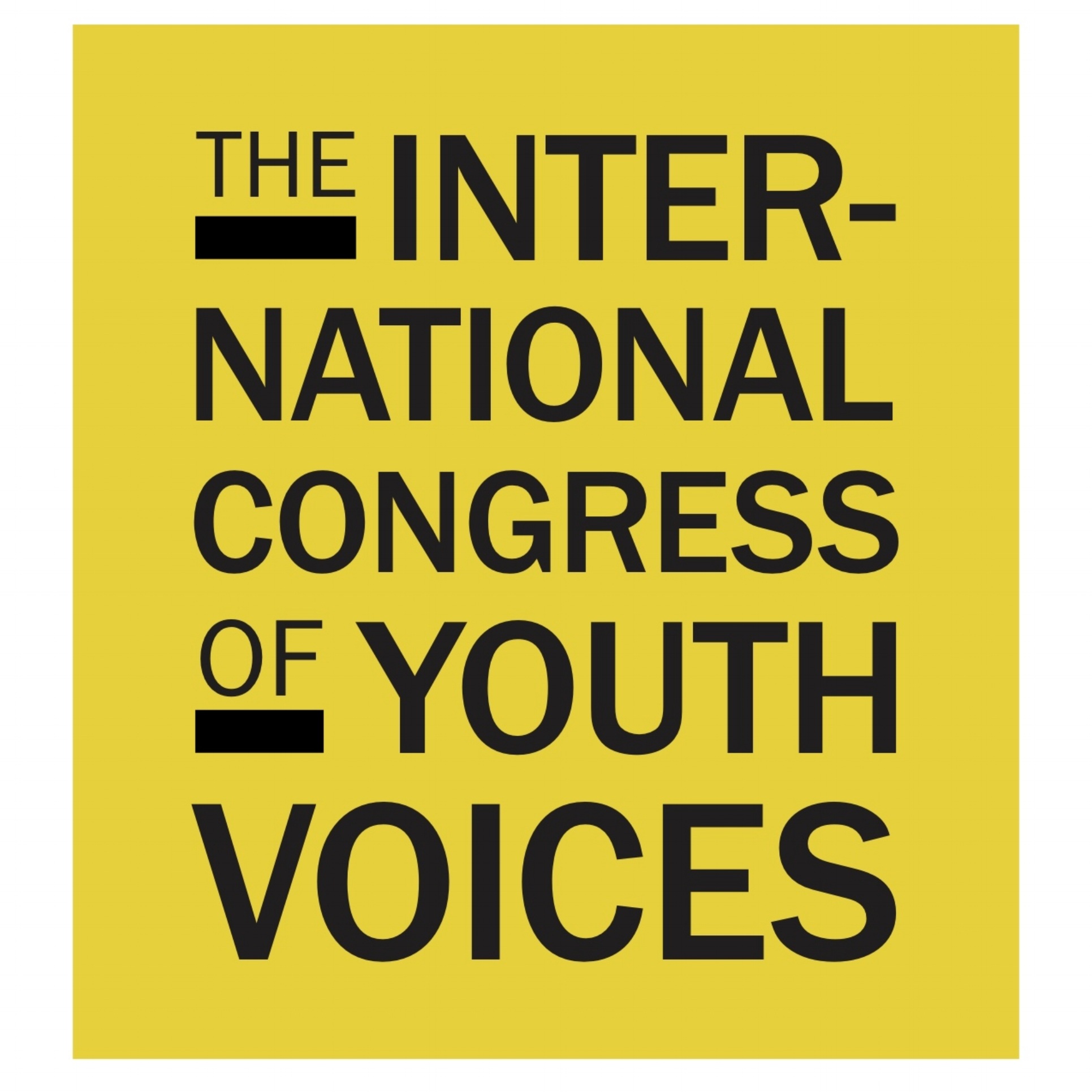MIMI ZEKARYAS, 17
Mimi Zekaryas is a junior at University Prep High School in Seattle, Washington. She has a passion for poetry and podcast production, and utilizes both mediums to help bring awareness to different social justice issues. While interning at RadioActive, a youth-focused program with NPR’s affiliate radio station, KUOW, Zekaryas produced three podcasts, one of which aired on the radio (KUOW 94.9). She was interviewed on Seattle’s King5 news station about her podcasts’ focus on implicit bias, colorism, and her aunt’s experience with sexism while fighting in the Eritrean-Ethiopian war.
Zekaryas is currently working on a podcast on how climate change is affecting Native American communities. She has worked to make authentic connections with various tribal leaders and members, and hopes to continue building these relationships throughout the year. She leads her school's Y.A.R.D club, (Youth Against Racial Discrimination), and is a member of a facilitators club, where Zekaryas helps facilitate conversations about important issues in the community.
Currently, Zekaryas is dedicated to reading a variety of diverse books, with the intention of applying her newfound knowledge to podcasting production and poetry. She plans to attend university and working to minimize inequity in the educational system.
The South End
by Mimi Zekaryas
As a kid, I was taught to be grateful to live in North Seattle
And I could never imagine living in the south end
Driving South on I-5 I realized why my family moved to Shoreline
I noticed that as we went further south,
buildings became shorter and older
Factories replaced office buildings,
cargo trains replaced trees,
grocery outlets replaced whole foods
and people of color replaced the whites, that I saw in my North Seattle neighborhood
Visiting family or going to church in the south end, I remember telling my mom “it's so depressing here”
But it is okay, because that thought would disappear as soon as I entered the car to go back home
The issues that my family and friends faced in the south end, left my mind as I drove
North, for they were no longer mine.
Since then, I have learned,
It is easy to determine what is unjust and unfair
But it is difficult to connect with issues and understand perspectives,
When they are not in relevance to your life, however to others these issues are omnipresent
They can seem small, irrelevant, and just a part of history
And you may not know how to help, because they are not in your ministry
But it is worse to let an issue go ignored
Than to sound ignorant talking about it
Because then it can be discussed and explored
And the more we learn, the closer we get to finding its core
Every year the issues of South Seattle have seemed to be getting closer and closer
Becoming more and more “pressing”,
But I have not moved from my north Seattle home
Instead, I learned and I grew,
I listened and I interviewed
Visited and experienced,
To get a taste of what my friends and family in South Seattle go through
In 9th grade, I was a part of a school swap, with Rainier Beach High school
I was excited because I missed the crowded hallways, smelly lunchrooms and the colorful vibes of a public school
But, Rainier Beach was different from anything I ever knew
The old building had old pipes that contaminated the water Fountains with lead
Cockroaches, rats and black mold
Infested the school that had not been reconstructed, since 1962
The hallways were poorly lit, and students told me about all the spoiled food in the lunchroom
As I walked through the halls of Beach I was shook
In an area that is overpoliced and underfunded
The majority black school was struggling,
And no one around me is talking about it
And as the kids from Beach walked through the halls of my school
I heard sighs and comments of envy
Uprep was new, clean and did not have any funding problems,
They were in awe, of this wealthy school that cost more than some colleges
I have noticed in my majority white school and community
People pick and choose what about Rainier Beach they want to see
To many, Rainier Beach is its’ basketball team
It's “ghetto” loud kids who are made “comedy”
And the issues of it being underfunded are
Looked over and ignored.
Conversations with kids at Uprep have made me realize
That as a school we need to learn more about how to empathize,
We need to start leaving our communities
To interact and learn with students from schools around us,
To learn about, and advocate for education and environmental justice

